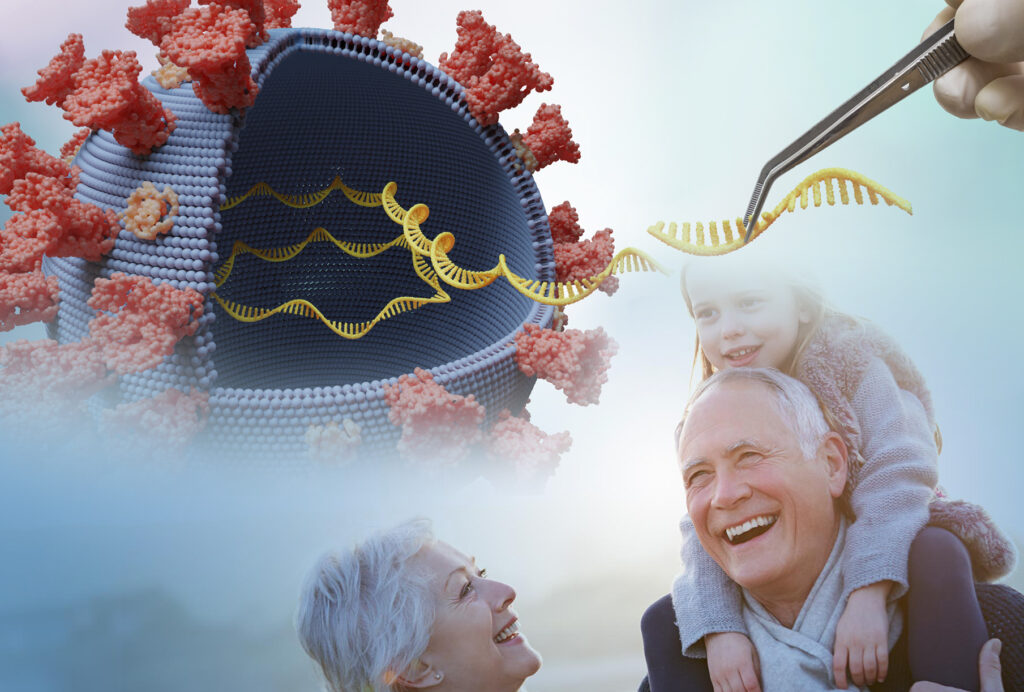
Advanced Therapies
At CELLXCHANGE , we are at the forefront of developing advanced therapeutics that harness the power of cellular and molecular biology to treat complex diseases. Our research and development efforts focus on:
- Cell and Gene Therapies: Developing treatments that modify or replace defective genes to cure genetic disorders.
- Immunotherapies: Creating therapies that enhance or suppress the immune system to fight diseases like cancer and autoimmune disorders.
- Regenerative Medicine: Utilizing stem cells and tissue engineering to repair or replace damaged tissues and organs.
- Extracellular vesicles for clinical and aesthetic applications
Our main interest is Allogeneic immunotherapy which is rapidly advancing, with several key trends shaping its development and application in cancer treatment.
Off-the-Shelf Allogeneic CAR-T and CAR-NK Therapies
The shift towards “off-the-shelf” allogeneic therapies aims to provide immediate treatment options without the delays associated with autologous cell preparation. These therapies utilize donor-derived cells, allowing for bulk manufacturing and broader patient accessibility. For instance, UCART19 and PBCAR0191 are allogeneic CAR-T therapies targeting CD19, showing promising results in clinical trials for hematologic malignancies.
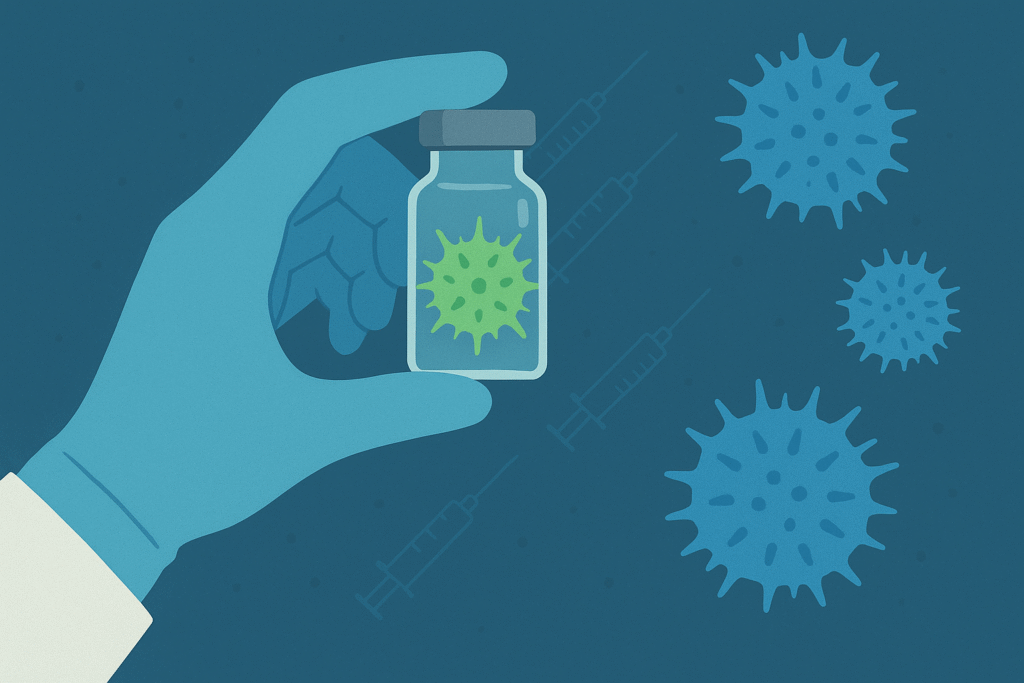
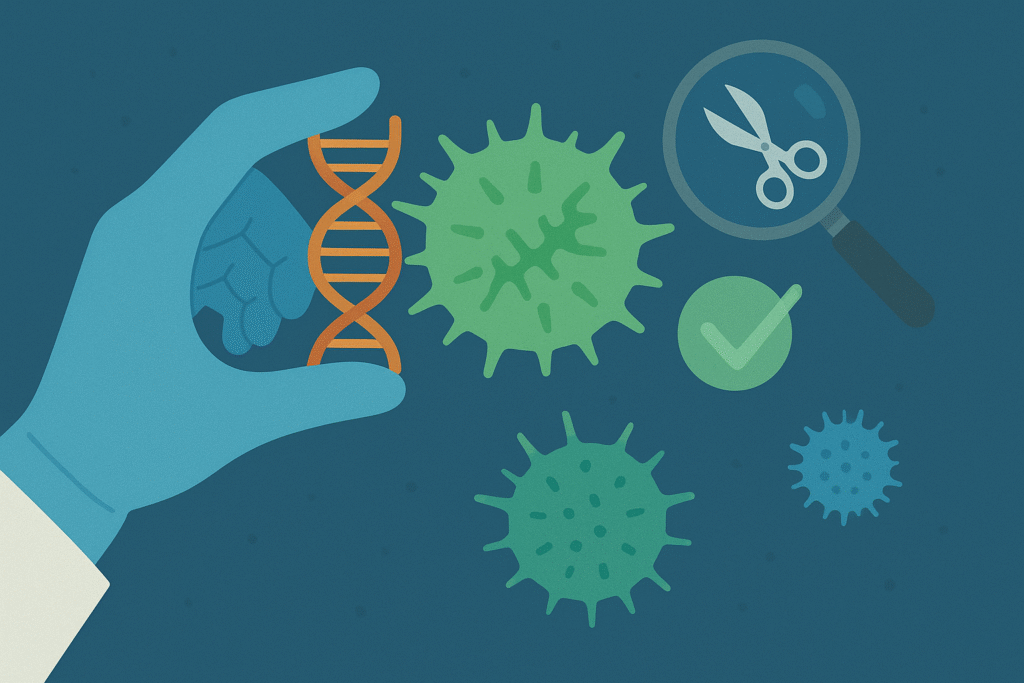
Gene Editing to Enhance Efficacy and Reduce Rejection
Advanced gene-editing technologies like CRISPR/Cas9 are being employed to improve the safety and effectiveness of allogeneic therapies. By knocking out genes responsible for immune checkpoint pathways (e.g., CTLA-4) or exhaustion-related genes (e.g., ID3, SOX4), researchers aim to enhance the persistence and cytotoxic activity of CAR-T cells.
Utilization of Natural Killer (NK) Cells
NK cells are gaining attention due to their innate ability to target tumor cells without causing graft-versus-host disease (GvHD). Allogeneic CAR-NK therapies have demonstrated high efficacy with reduced toxicity in early clinical trials. For example, a study using cord blood-derived CAR-NK cells targeting CD19 reported a 64% complete response rate in patients with hematologic malignancies.
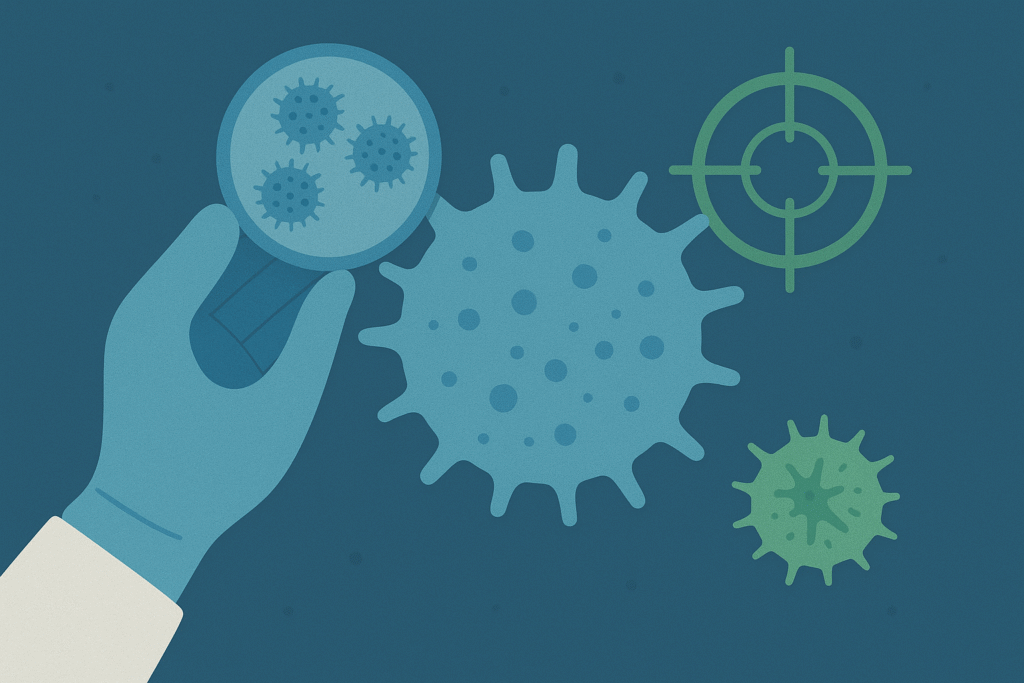
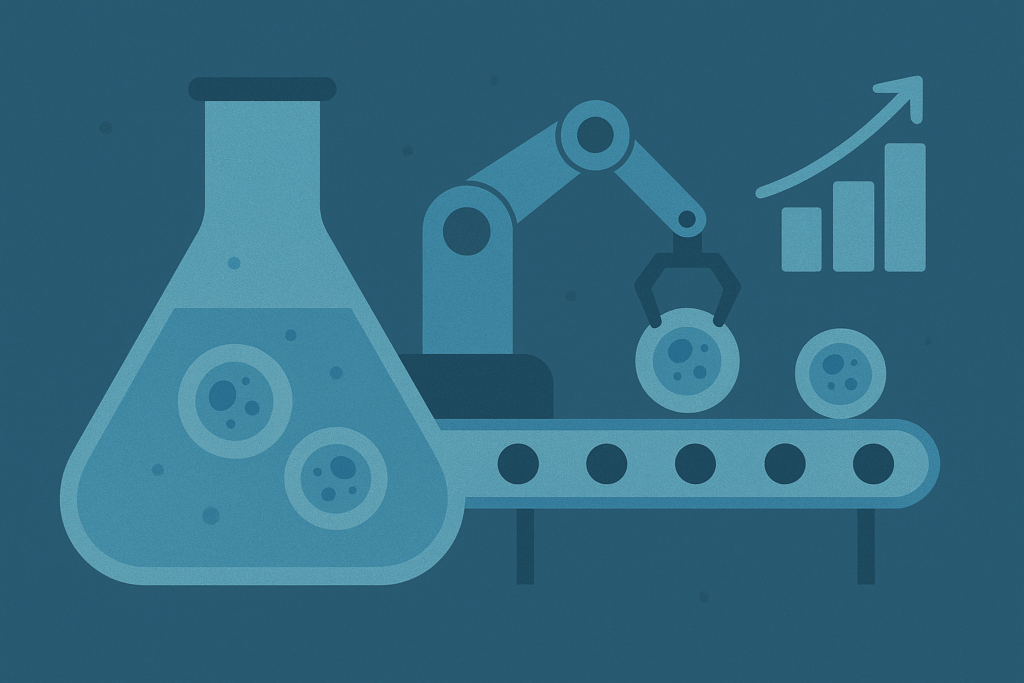
Advancements in Manufacturing and Scalability
Efforts are underway to streamline the manufacturing process of allogeneic therapies. Innovations include decentralized, automated production systems capable of generating CAR-T cells within 24 hours, and in vivo generation of CAR-T cells through viral or nanoparticle-based gene delivery systems. These approaches aim to reduce production time and costs, making therapies more accessible.
